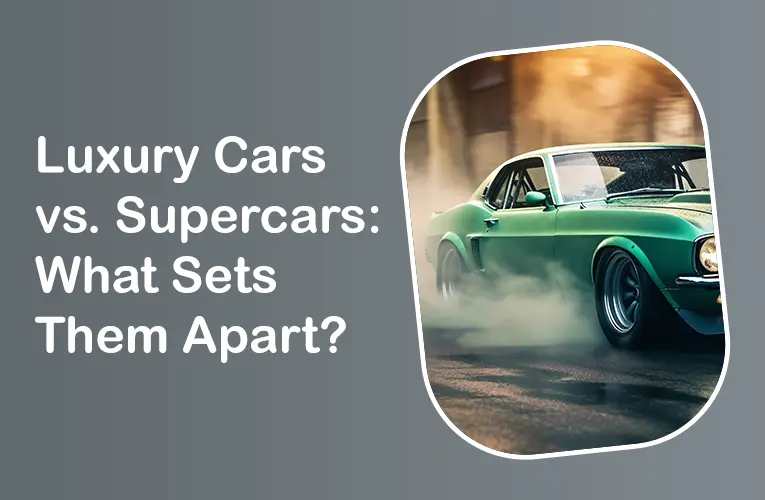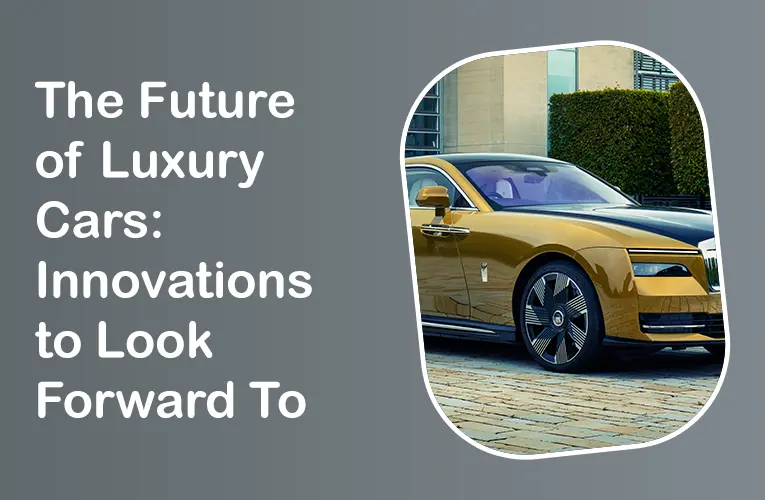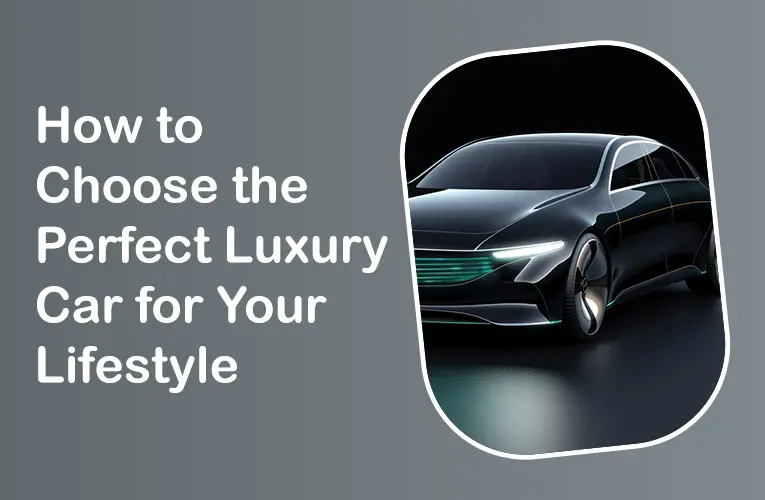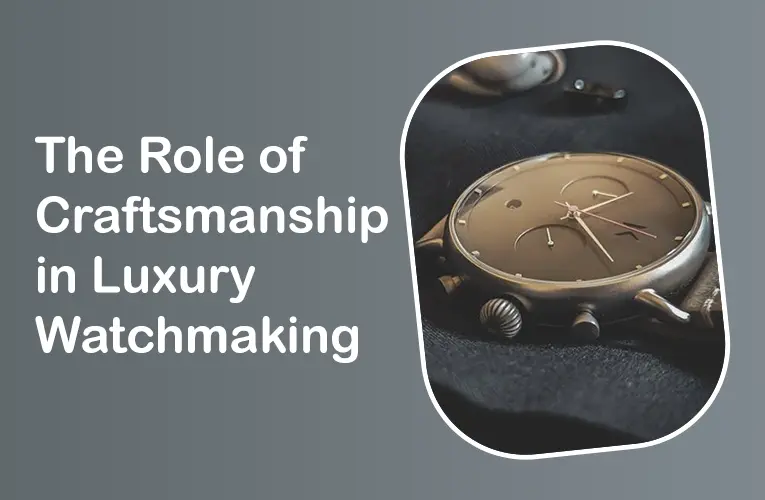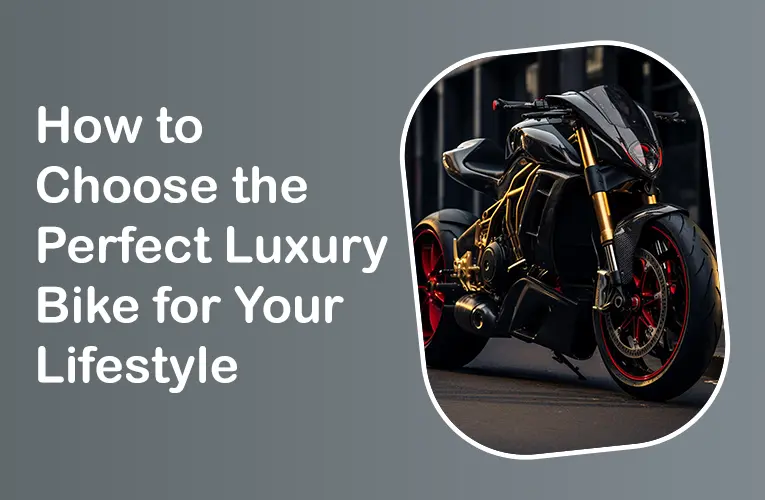The Future of Luxury Cars: Innovations to Look Forward To
1. Electric Powertrains: The New Luxury Standard
The Shift to Electric Vehicles (EVs)
Electric vehicles are no longer a niche market but have become a major force in the automotive industry. Luxury car manufacturers are leading the charge towards a greener future, with several high-end brands already committing to transitioning their entire lineups to electric powertrains. The advantages of EVs, including zero emissions, quieter operation, and lower long-term maintenance costs, make them particularly attractive to the luxury segment.
Cutting-Edge Battery Technology
One of the biggest barriers to widespread EV adoption has been battery technology. However, advancements in battery design and chemistry are addressing these challenges. Companies are investing heavily in solid-state batteries, which promise higher energy densities, faster charging times, and greater safety compared to traditional lithium-ion batteries. For luxury car buyers, this translates into longer driving ranges and more convenience.
Enhanced Performance and Range
Luxury EVs are not just about eco-friendliness; they are also about delivering top-tier performance. Electric powertrains offer instant torque and smooth acceleration, making them capable of rivaling or even surpassing the performance of traditional internal combustion engine (ICE) vehicles. With advancements in battery technology and power management, future luxury EVs will offer impressive range capabilities, addressing one of the most significant concerns for potential buyers.
2. Autonomous Driving: The Ultimate in Comfort and Safety
The Evolution of Autonomous Technology
Autonomous driving technology has made significant strides in recent years, and luxury car manufacturers are at the forefront of this innovation. Companies are developing advanced driver-assistance systems (ADAS) that enhance safety and convenience, while also laying the groundwork for fully autonomous vehicles. The integration of sophisticated sensors, artificial intelligence, and machine learning is enabling cars to navigate complex environments with greater precision.
The Impact on Luxury Travel
For luxury car owners, autonomous driving promises a new level of comfort and convenience. Imagine a vehicle that can seamlessly navigate through traffic, park itself, and even handle long highway drives with minimal input from the driver. This technology will not only reduce stress and fatigue but also transform the in-car experience, allowing passengers to relax or engage in other activities during their journey.
Ethical and Regulatory Considerations
As autonomous driving technology advances, ethical and regulatory considerations will play a crucial role in shaping its future. Questions about liability, safety standards, and the interaction between human drivers and autonomous systems will need to be addressed. Luxury car manufacturers will need to navigate these challenges carefully to ensure that their autonomous vehicles meet high safety and ethical standards.
3. Advanced Infotainment Systems: Seamless Connectivity and Entertainment
The Integration of AI and Machine Learning
The next generation of infotainment systems in luxury cars will be characterized by advanced artificial intelligence (AI) and machine learning capabilities. These systems will offer personalized experiences by learning from driver preferences, habits, and behaviors. AI-driven interfaces will provide intuitive voice recognition, predictive navigation, and real-time traffic updates, enhancing the overall driving experience.
Immersive In-Car Entertainment
Luxury cars are becoming mobile entertainment hubs, with innovations that include high-definition displays, premium audio systems, and augmented reality (AR) features. Passengers will be able to enjoy immersive entertainment experiences, such as virtual reality (VR) games, streaming services, and interactive applications. The integration of high-speed internet connectivity will further enhance the in-car entertainment options.
Enhanced Connectivity and Integration
Future luxury cars will offer seamless integration with smartphones, smart home devices, and other connected technologies. This level of connectivity will allow drivers to control various aspects of their vehicle and home environment through a unified interface. For example, drivers will be able to pre-condition their car’s cabin temperature, check the status of home security systems, and manage other connected devices directly from their vehicle’s infotainment system.
4. Sustainable Materials and Manufacturing Practices
The Use of Eco-Friendly Materials
Sustainability is becoming a key consideration in the design and production of luxury cars. Manufacturers are exploring the use of eco-friendly materials, such as recycled plastics, sustainable leather alternatives, and renewable resources. These materials not only reduce the environmental impact of vehicle production but also appeal to environmentally conscious consumers.
Circular Economy and Recycling Initiatives
The concept of a circular economy is gaining traction in the automotive industry, with luxury car manufacturers focusing on recycling and reusing materials to minimize waste. Innovative approaches to vehicle design and manufacturing will enable the reuse of components and materials, reducing the overall environmental footprint of the automotive sector. For instance, some manufacturers are developing processes to recycle end-of-life batteries and repurpose them for new applications.
Green Manufacturing Processes
In addition to sustainable materials, luxury car manufacturers are adopting green manufacturing processes to reduce their environmental impact. This includes energy-efficient production methods, the use of renewable energy sources, and efforts to minimize waste and emissions throughout the manufacturing process. By embracing these practices, luxury car brands are positioning themselves as leaders in environmental stewardship.
5. Enhanced Safety Features: Beyond Traditional Systems
Advanced Driver Assistance Systems (ADAS)
The future of luxury cars will feature even more advanced driver assistance systems (ADAS) designed to enhance safety and convenience. These systems will include features such as adaptive cruise control, lane-keeping assist, automatic emergency braking, and blind-spot monitoring. The integration of these technologies will help prevent accidents and improve overall road safety.
Health and Wellness Features
Luxury cars are increasingly incorporating health and wellness features to enhance the well-being of passengers. Innovations such as air purification systems, ergonomic seating, and customizable ambient lighting are becoming standard in high-end vehicles. Some luxury brands are even exploring advanced biometric monitoring systems that can track driver health and provide real-time feedback.
Enhanced Crash Protection and Safety Ratings
Future luxury cars will continue to push the boundaries of safety with innovations in crash protection and safety ratings. This includes the development of advanced crumple zones, reinforced structures, and improved airbag systems. Additionally, manufacturers will invest in rigorous safety testing and strive to achieve top ratings in independent crash tests, ensuring that their vehicles offer the highest level of protection for occupants.
6. Design and Aesthetics: The Future of Luxury Car Styling
Futuristic Exterior Designs
The design of luxury cars is evolving to reflect their advanced technological capabilities. Futuristic exterior designs will feature sleek lines, aerodynamic shapes, and innovative lighting elements. Manufacturers are experimenting with new materials and finishes to create visually striking vehicles that stand out on the road.
Customization and Personalization
Luxury car buyers will have more opportunities for customization and personalization than ever before. Manufacturers are offering a wide range of options for interior materials, colors, and finishes, allowing customers to create a vehicle that reflects their individual style and preferences. Advanced design software and virtual reality tools will enable buyers to visualize and customize their vehicles in real-time.
The Role of Augmented Reality (AR) in Design
Augmented reality (AR) is set to revolutionize the design process for luxury cars. AR technology will allow designers and buyers to visualize and interact with vehicle prototypes in a virtual environment. This will enable more precise design adjustments and help customers make informed decisions about their vehicle’s appearance and features.
7. The Integration of Smart Infrastructure and V2X Technology
Vehicle-to-Everything (V2X) Communication
Vehicle-to-Everything (V2X) communication technology is paving the way for a more connected and intelligent transportation system. V2X enables vehicles to communicate with each other, traffic signals, road infrastructure, and other elements of the transportation network. This technology will enhance traffic management, reduce congestion, and improve overall road safety.
The Role of Smart Infrastructure
Smart infrastructure, such as intelligent traffic management systems and connected roadways, will play a crucial role in the future of luxury cars. These systems will work in tandem with V2X technology to provide real-time information to drivers, optimize traffic flow, and enhance the overall driving experience. Luxury car manufacturers will collaborate with city planners and infrastructure developers to create seamless and efficient transportation networks.
Enhanced Navigation and Traffic Management
The integration of V2X technology and smart infrastructure will lead to significant improvements in navigation and traffic management. Luxury cars will benefit from real-time updates on traffic conditions, road closures, and optimal routes. Advanced navigation systems will use this information to provide accurate and timely directions, helping drivers avoid delays and reach their destinations more efficiently.
8. The Future of Luxury Car Ownership: Subscription Models and Mobility Services
The Rise of Car Subscription Services
The traditional model of car ownership is evolving, with subscription services gaining popularity in the luxury segment. Car subscription models offer flexibility and convenience, allowing customers to access a range of vehicles for a fixed monthly fee. This approach caters to changing preferences and lifestyles, providing an alternative to traditional ownership and leasing options.
Mobility as a Service (MaaS)
Mobility as a Service (MaaS) is another trend shaping the future of luxury cars. MaaS platforms integrate various transportation options, including ride-sharing, public transit, and car rentals, into a single, user-friendly interface. Luxury car manufacturers are exploring partnerships with MaaS providers to offer seamless and flexible mobility solutions to their customers.
The Impact on Traditional Ownership Models
As subscription services and mobility solutions become more prevalent, traditional car ownership models may see a shift. Consumers may increasingly opt for flexible and on-demand transportation options, reducing the need for long-term ownership commitments. Luxury car brands will need to adapt to these changes and explore new business models to stay competitive in the evolving market.
Conclusion
The future of luxury cars is an exciting and transformative journey, driven by technological
